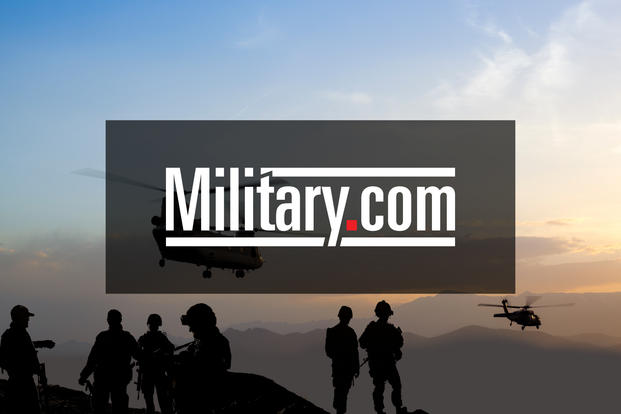Terrorists shouting "Allahu Akhbar" and firing at random attacked a hotel that caters to diplomats Friday in Mali, killing at least 21 in the West African nation where French troops have been stationed for years.
Two Al Qaida groups -- Al Qaeda in the Islamic Maghreb and its affiliate El Mourabitoune -- claimed responsibility for the bloody attack and siege, the Voice of America reported.
Two U.S. Special Operations troops aided in clearing the area and evacuating hostages near the 190-room Radisson Blu Hotel in Bamako, the Malian capital, but were not involved in any "kinetic" actions, according to the Pentagon and U.S. Africa Command.
The pair assisted local security in the effort to "move civilians to secured locations as Malian forces clear the hotel of hostile gunmen," said Lt. Cmdr. Anthony Falvo, a spokesman for Africom.
Pentagon officials, speaking on background, said there were a total 26 Defense Department military and civilian personnel in Mali -- 22 of them in Bamako. All were accounted for and none was injured, the officials said. Earlier, the State Department urged all Americans in Mali to shelter in place.
U.S. troops in small numbers have been involved in Mali since the French sent 4,000 troops there in 2013 to put down a rebellion by religious and tribal groups, some of them linked to al-Qaeda. The Islamic State in Iraq and Syria, or ISIS, reportedly does not have a presence in Mali.
The gunmen rolled past security in vehicles with phony diplomatic plates and left their cars with guns blazing to attack the hotel entrance, The New York Times reported. Inside, they cut the throat of a hotel guest and began going room to room, firing at random.
United Nations and Malian officials said that 140 guests and 30 employees were believed to be inside the hotel when the siege started. A dozen or more of the guests were believed to be American. Six of those were reported to have been evacuated safely. The fate of the others was not immediately clear.
UN officials initially said that at least 21 hostages were killed before Malian and African regional security forces took back the hotel by late afternoon and freed all hostages. Other reports put the death toll at 27.
The hotel attack in Mali, a former French colony, came a week after the Paris terror attacks claimed by ISIS killed at least 129 people.
"We don't want to scare our people, but we have already said that Mali will have to get used to situations like this," said Malian President Ibrahim Boubacar Keita, who was visiting neighboring Chad, which is the headquarters for French military operations in West Africa.
"We must all remain humble. No one nowhere is safe given the danger of terrorism," Keita told the France 24 news channel.
Mongi Homdi, head of the UN mission in Mali, said the use of the hotel by diplomats may been the motive for the attack. "I think this attack has been perpetrated by negative forces, terrorists, who do not want to see peace in Mali," he told CNN.
Africom aided the French intervention, ferrying troops to Bamako, providing aerial refueling for French fighters, and aiding intelligence with drone surveillance. In 2014, the French began winding down Operation Serval in Mali, named for an indigenous wildcat, as Mali began to stabilize, but 1,000 French troops remained in the country.
In a Pentagon meeting last July with French Defense Minister jean-Yves le Drian, Defense Secretary Ashton Carter hailed French security operations in Mali and throughout West Africa.
"French operations there are preventing spillover of terrorism, trafficking and extremism, disrupting al-Qaida affiliates, Boko Haram and other extremists in North and West African nations, like Mali, Niger and Chad, and the U.S. military will continue to support France in these efforts with our lift and aerial refueling capabilities," Carter said.
At the time, Africom said that U.S. Air Force tankers assigned to the 351st Expeditionary Aerial Refueling Squadron out of Royal Air Force Mildenhall in England had flown 638 sorties, providing 2,702 French receiver aircraft with nearly 25 million pounds of fuel since the operations began in 2013, according to Africom.
At the start of Operation Serval, five U.S. C-17 Globemaster III cargo aircraft flew French forces and equipment to Mali from various locations.
--Richard Sisk can be reached at Richard.Sisk@military.com






























